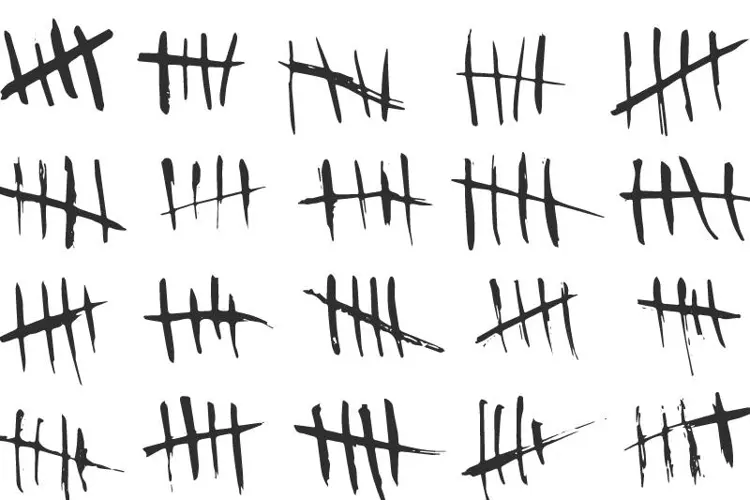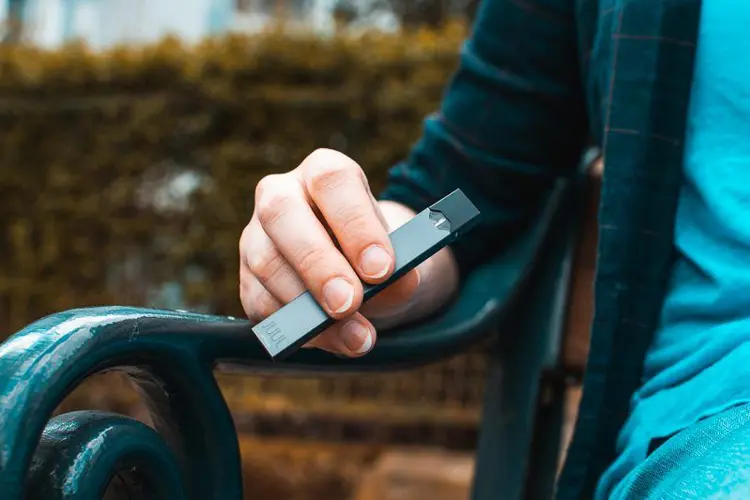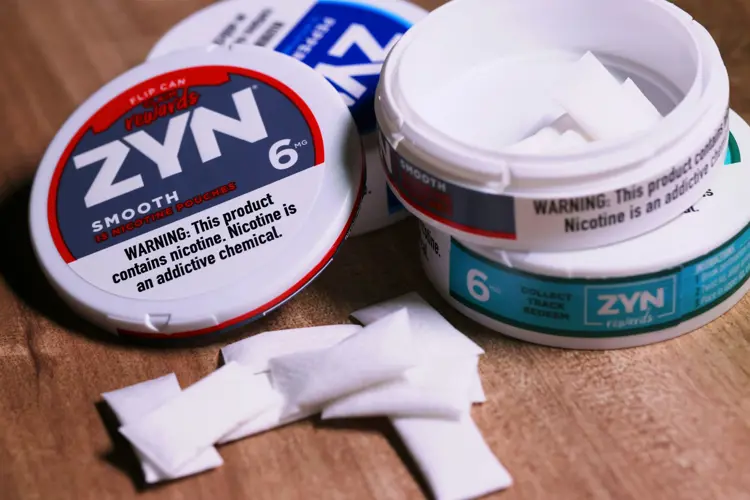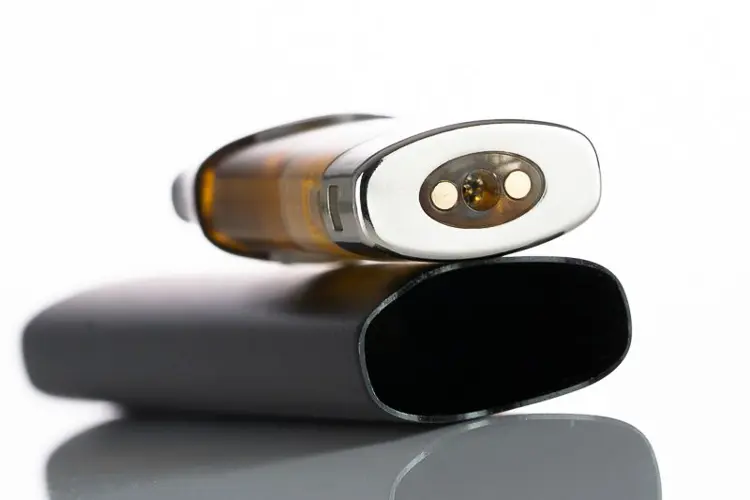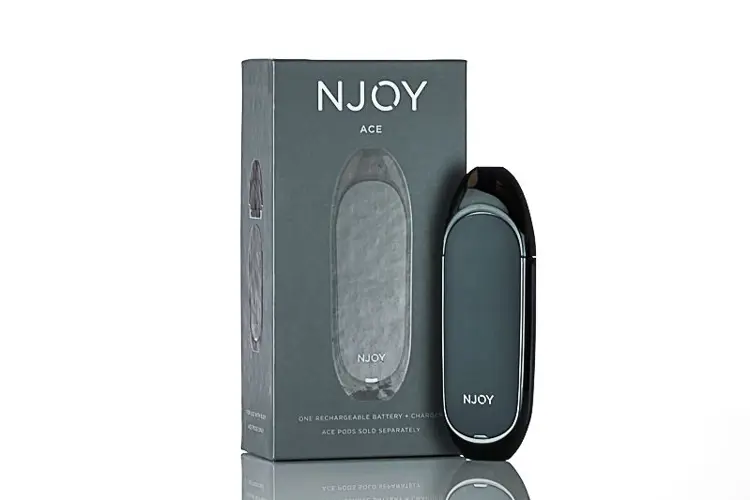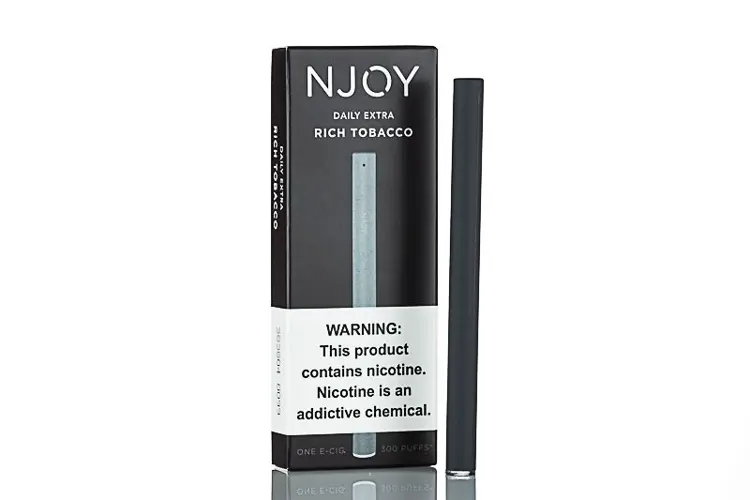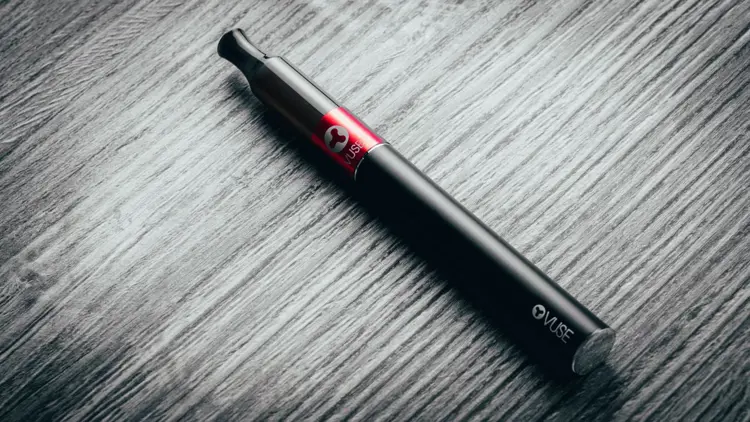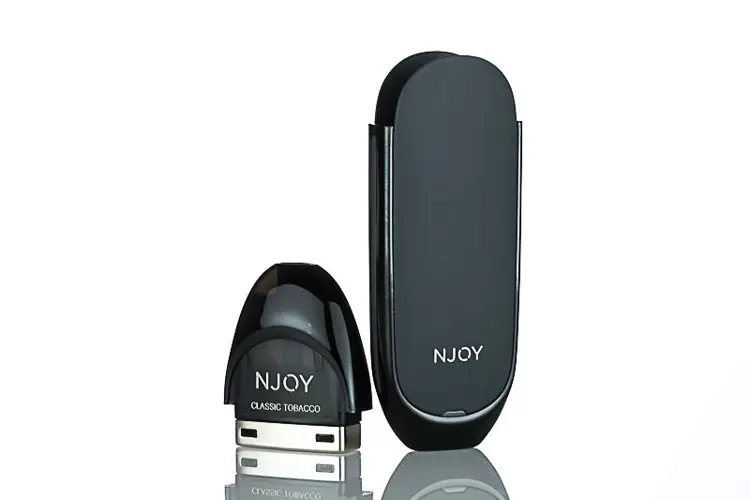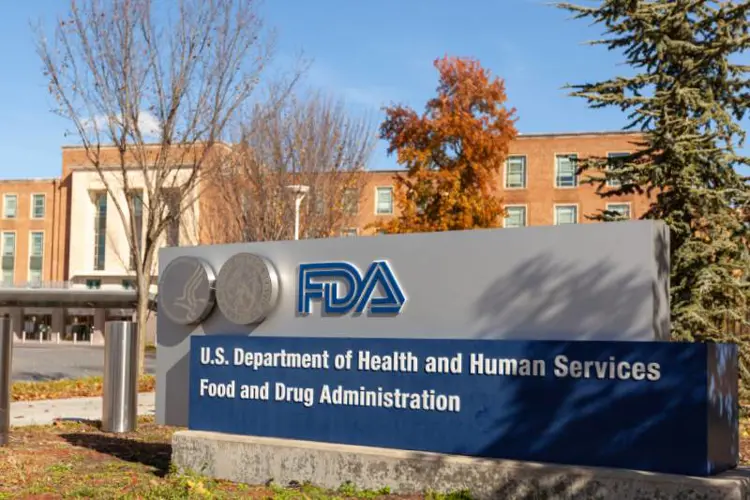Following attorney Azim Chowdhury’s discussion with the Center for Tobacco Products ombudsman (described in the article below) and a letter to CTP Director Mitch Zeller from pro-vaping British consultant Clive Bates, the FDA sent an email today to all PMTA applicants intended to clarify the agency’s position on PMTA enforcement deadlines and the one-year grace period for applicants who submitted applications on time.
Essentially, the agency repeated the wording from previous communications, confirming that it intended to grant a one-year exemption from enforcement---which ends Sept. 9, 2021---for products that were submitted for premarket review by the Sept. 9, 2020 deadline. Business owners should read this as confirmation that FDA employees and temporary contractors are not granting additional exemptions to applicants.
Unfortunately, the agency didn’t address the question of what it intends to do with applications that are still being processed after Sept. 9, 2021.
This is the letter sent by the agency:
“Per a court’s order, for new deemed tobacco products on the market as of Aug. 8, 2016, submissions of applications for marketing orders were required by Sept. 9, 2020. As part of FDA’s outreach to companies to develop a public list of premarket tobacco product applications (PMTA) received by the Sept. 9, 2020 deadline, we have learned that there may be some confusion about the one-year review period and FDA’s exercise of enforcement discretion for certain tobacco products that are the subject of a pending application. To clarify, per the court order, FDA may (and generally intends to) defer enforcement of premarket requirements for certain deemed new tobacco products (i.e., those not subject to FDA’s enforcement priorities as described in Agency guidance) on the market as of Aug. 8, 2016 for which applications were submitted by the Sept. 9 deadline for up to one year, or until Sept. 9, 2021. If a negative action is taken by the FDA on an application during that year, the product(s) must be removed from the market or risk FDA enforcement.
“While processing PMTA submissions received by the Sept. 9, 2020 deadline, FDA continues to enforce the law. As previously stated, FDA is prioritizing enforcement against any electronic nicotine delivery system (ENDS) product that lacks a product application after Sept. 9, 2020, in addition to those described as priorities in the Jan. 2020 guidance. Additionally, for other deemed tobacco products that do not have premarket authorization, other than premium cigars, FDA will make enforcement decisions on a case-by-case basis and intends to prioritize enforcement based on, among other things, the likelihood of youth use or initiation to make the most efficient use of its resources.
“If you have any further questions on this topic, please contact us at CTP_Product_Listing@fda.hhs.gov”
April 26, 2021
Some small vaping manufacturers are being misled by FDA employees regarding the final date on which they can sell products legally. The misunderstanding doesn’t seem to involve outright deception, but may nevertheless lead to unwelcome surprises for many when the current one-year grace period ends in September.
Many small business owners believe they’ve been told by the FDA that they have an additional year to sell their products, according to a lawyer who represents many vaping industry clients. But that isn't true.
What’s happening exactly? Let’s start by going back to last year’s PMTA deadline.
The 2020 PMTA deadline and the application tsunami
Sept. 9, 2020 was the deadline for manufacturers to submit Premarket Tobacco Applications (PMTAs) to the FDA. Manufacturers of products submitted on time were granted a one-year exemption from enforcement, allowing continued sales while the FDA Center for Tobacco Products (CTP) assessed their applications. To be eligible to remain on the market during that grace period, the product must have also been on the market before Aug. 8, 2016—the date the FDA’s Deeming Rule went fully into effect, and the market was frozen.
The 2020 PMTA deadline was imposed by a federal judge (who later postponed it from May to September) as part of a ruling against the FDA in a lawsuit filed by the American Academy of Pediatrics (AAP) and several other tobacco control groups. In his ruling, Judge Paul Grimm agreed that manufacturers of products submitted on time could have a one-year extension to sell their products without action by the FDA while applications are reviewed, and that the FDA could grant further exemptions from enforcement on a “case-by-case basis” for “good cause.”
“CTP Director Mitch Zeller said that FDA anticipated getting about 6,000 applications, and they wound up getting literally millions,” says attorney Azim Chowdhury. “But when Judge Grimm set the deadline, he was basing it on the FDA estimate that there would be just a few thousand applications.”
Chowdhury, a partner in Washington, D.C. law firm Keller Heckman, is an expert on vaping regulatory law, and has represented many clients within the vaping industry for many years.
Because the agency is prioritizing PMTA reviews based on market share, many small manufacturers’ products are likely to be removed from the market on Sept. 9---before they ever reach scientific review...
The FDA CTP prepared to handle the influx of applications based on the belief that there would only be a few thousand applications. But the FDA wasn’t aware that small vaping manufacturers had created a process that would allow almost any e-liquid company to submit a basically solid application for just a few thousand dollars, and were coordinating the applications in a private Facebook group.
The result was that hundreds of manufacturers submitted applications for millions of products, and the FDA would have no choice but to go through the formal steps of its PMTA process for each application. A PMTA first is accepted, then filed, then moves to preliminary scientific review, then full scientific review, and finally acceptance or rejection. After the preliminary scientific review, the applicant may receive a deficiency letter in which the FDA asks for more information or corrections to address specific issues.
Manufacturers that submitted PMTAs without first doing the expensive testing required by the agency will certainly receive deficiency letters. At that point they will have to do the required testing and submit results, or admit that they are unable to earn PMTA approval and plan to exit the market after the one-year exemption from enforcement ends on Sept. 9, 2021. The FDA simply doesn’t have the power to extend the process for manufacturers who aren’t deep into the scientific review process.
“For companies who are in scientific review, have responded to deficiency letters, and have studies or testing ongoing—that’s within the discretion of the FDA to grant extensions without going to Judge Grimm,” says Chowdhury. “But any blanket extension would be immediately challenged [by the plaintiffs in the AAP lawsuit].”
The FDA is prioritizing mass-market products in the PMTA review process
As the PMTA deadline approached last year, the same anti-vaping groups that had sued to move up the deadline demanded that the FDA create a public list of products that would be allowed to remain on the market legally during the one-year grace period beginning Sept. 9, 2020. CTP Director Zeller agreed to do this.
In February—five months after the PMTA submission deadline—Zeller announced that the list was still not finished because the FDA had been buried under an avalanche of applications, and was still completing the earliest steps of processing for most of them. Zeller said the FDA would prioritize its resources to first complete assessments of the most popular products, which would mean that small manufacturers would be unlikely to have their applications reviewed before the one-year extension expired. (He also attempted to mollify the anti-vaping groups by initiating enforcement against manufacturers selling products that hadn’t been submitted for premarket approval.)
The upshot of FDA being drowned in a tidal wave of applications from small businesses is that the agency is still doing the preliminary processing of those applications, while the CTP scientific staff is working on reviewing applications for products submitted by mass-market vape manufacturers like Juul, Vuse, Blu, Logic and NJOY.
Because the agency is prioritizing PMTA reviews based on market share, many small manufacturers’ products are likely to be removed from the market on Sept. 9—before they ever reach scientific review (when might earn them a further extension of enforcement discretion)—simply because the FDA can’t get to them in time. Since the FDA is prohibited by the court from issuing a blanket extension for all products, very few small manufacturers will probably be in the position to receive an extension.
FDA temporary employees, old scripts, and new misunderstandings
Because the FDA was overwhelmed with millions of applications, the agency hired temporary contractors to supplement CTP staff for processing applications. These are often the people small manufacturers deal with on phone calls. Every manufacturer who submitted a PMTA received (or will receive) at least one call from the CTP asking for verification of information in their applications.
“FDA is sending a spreadsheet with a list of each company’s products, and asking them to check boxes verifying they were on the market before 8-8-16, that it’s on the market now, etc.,” says Azim Chowdhury. “They’re explaining that if they verify the information and agree to be on the public list, they will get a one-year extension.”
However, he explains, that doesn't mean a one-year extension in addition to the one-year extension that began on Sept. 9, 2020, and is now more than half over. The FDA employees are referring to the same one-year extension of the period of enforcement discretion.
FDA employees and contractors are working from a script that was designed for calls that were expected to be made immediately after last year’s deadline—if the agency hadn’t been swamped by applications. Last October, promising “another year” on the market or “a one-year extension” would have been easily understood by manufacturers; it would have meant another year in addition to the years since the Aug. 8, 2016 freeze of the market.
It may be that the FDA employees are deliberately misleading the companies, but the more likely explanation is that most of these callers are temporary contractors who don’t understand the process.
But hearing the words “another year” or “a one-year extension” now—seven months after the PMTA submission deadline—can lead to misunderstanding, and some in the vape industry have certainly misunderstood what they were told. Reading comments in recent weeks from small companies in the Facebook PMTA group, I found several from business owners who believed FDA had granted them additional time to sell their products, or were uncertain.
“She told us that they have not been able to go over our PMTA’s, and she told us that we are going to get a year extension,” wrote one poster.
“We received the same call yesterday,” wrote another. “Same thing. Very nice lady. Sounds like they’re trying to catch up and at least contact everyone before 9/9. The extension is awesome.”
“Yep, we got the same call about 6 weeks ago,” one manufacturer said. “Also stating we have another year to complete our PMTA's.”
“I asked them if it was one year from 9/9/20, one year from now, or one year from 9/9/21.... she said ‘I’m not sure’,” explained the owner of a small e-liquid company.
“The person who called said that if we allowed our name to be put on the publicly available list that we would not only be given the one year extension, but we would be ‘more reputable’ by being on the list.”
It may be that the FDA employees are deliberately misleading the companies, but the more likely explanation is that most of these callers are temporary contractors who don’t understand the process (as the last one quoted above illustrates). Additionally, CTP staff haven’t bothered to update the scripts and form letters being used by temporary employees to reflect the passage of time.
“There are a lot of third-party contractors the FDA is using to complete these tasks,” says Chowdhury. “And they’re either not knowledgeable, or they want to avoid confrontation, and they’re just happy to quote the [FDA script]. FDA continued to use the same language they have since October. I don’t think they expected to be putting together this PMTA list in the middle of April.”
The form letter being emailed from the CTP to manufacturers as a follow-up to phone calls certainly could be misinterpreted the same way. “As previously stated, we are creating a public list of products that may be eligible for up to one-year of enforcement discretion during review of the submissions,” says the email.
“I’ve talked to clients who believe they’re getting another year,” Chowdhury says. “But that’s not true. It’s just laziness and incompetence at FDA—or they haven’t bothered to update their [talking points in phone scripts and form letters to manufacturers]. Now here we are in April, and they’re still telling people the same thing they were supposed to tell them back in October, and the reality is that the compliance period will end on Sept. 9th.”
Unlike the tobacco companies, whose closed-system pod vapes represent a tiny portion of their business, independent e-liquid companies can’t fall back on cigarette sales.
Not all manufacturers misunderstand what they were told (or were misled). When I posted a question about the extension period in the PMTA Facebook group, most of the responses indicated a good understanding of the one-year grace period. (Of course, those who had been fooled may have been shy about admitting it.) But even some of the business owners who understand the dates pointed out how FDA employees or contractors were creating confusion.
“The person who called said that if we allowed our name to be put on the publicly available list that we would not only be given the one year extension, but we would be ‘more reputable’ by being on the list,” Dominant Vapor president Christopher Wanner told me in an email.
The poorly worded calls and letters bothered Chowdhury so much that he contacted Center for Tobacco Products Ombudsman Nathan Hurley. The ombudsman is supposed to look out for the interests of stakeholders who are subject to the agency’s regulatory processes, settle complaints, and generally act as a liaison between the CTP and manufacturers.
“I told Hurley that unless there’s been a massive policy change, this is very misleading,” says Chowdhury. “And he agreed.”
The ombudsman could push the CTP to issue clarification to manufacturers, or to update their letters and phone scripts. They could possibly do more training with the temporary workers. But the ombudsman doesn’t have the power to force the FDA to abide by whatever its employees have told small vaping manufacturers.
“Another year is a gift from god”
Last year, the FDA stated that if an application “is sufficient to be accepted, filed, and proceed to scientific review and, during such review, you subsequently provide the needed information and make substantial progress toward addressing deficiencies in your application, we intend to take that into account in deciding whether to initiate enforcement action against your products for being on the market without premarket authorization, even where FDA is reviewing your application after September 9, 2021.”
But for businesses without the resources to respond to FDA deficiency letters and those that haven’t received specific notice of an extension, Sept. 9 will mean at least temporarily removing products from the market until deficiencies are corrected and the product is approved or denied. That could mean a six-month wait, but it could be much longer—or, for most, never.
Most small e-liquid manufacturers do not have enough money to either do the expensive testing required to earn a reprieve from enforcement or to survive closing for several months (or longer). Unlike the tobacco companies, whose closed-system pod vapes represent a tiny portion of their business, independent e-liquid companies can’t fall back on cigarette sales.
Some of these companies are not planning to invest in the testing they must do to have their PMTAs approved. They simply want to continue doing business legally for as long as possible and then bow out gracefully.
“I guarantee that in the fall, we’re going to see warning letters sent to companies who submitted PMTAs, who are in review, but FDA says they can’t be on the market,” says Azim Chowdhury.
That’s why the FDA’s misleading phone calls are especially cruel—even though the cruelty may be mostly unintentional, and rooted in incompetence rather than meanness. Some business owners believe they’ve been told that they have an additional year—after Sept. 9, 2021—to continue selling products without PMTA approval.
Some of these companies are not planning to invest in the testing they must do to have their PMTAs approved. They simply want to continue doing business legally for as long as possible and then bow out gracefully. But the FDA’s misleading calls and letters may give them unwarranted hope for more time on the market.
After ignoring an order to stop selling its products, it’s unlikely a company would be approved later.
“Companies are relying on this information, possibly to their detriment,” says Chowdhury. “A small vape shop that can’t do much more work on their PMTA (like testing, etc.), they’re getting these calls and thinking, ‘Great, I have another year. I can invest in more inventory, I can extend my lease, and I can do all these things because the FDA just told me I have another year.’
“And another year is like a gift from god,” he added. “With all the hurdles they have to jump through, who knows what’ll happen next year? So some people are making decisions based on this, and September is going to come around and some of them will start getting warning letters.”
Those that continue selling products after being ordered off the market will risk a warning letter, which initiates the FDA process of enforcement. After ignoring an order to stop selling its products, it’s unlikely a company would be approved later.
Many small companies “have not come to terms with what this means and now are just being confused by these calls from FDA,” says Chwdhury.
The Freemax REXA PRO and REXA SMART are highly advanced pod vapes, offering seemingly endless features, beautiful touchscreens, and new DUOMAX pods.
The OXVA XLIM Pro 2 DNA is powered by a custom-made Evolv DNA chipset, offering a Replay function and dry hit protection. Read our review to find out more.
The SKE Bar is a 2 mL replaceable pod vape with a 500 mAh battery, a 1.2-ohm mesh coil, and 35 flavors to choose from in 2% nicotine.
Because of declining cigarette sales, state governments in the U.S. and countries around the world are looking to vapor products as a new source of tax revenue.
The legal age to buy e-cigarettes and other vaping products varies around the world. The United States recently changed the legal minimum sales age to 21.
A list of vaping product flavor bans and online sales bans in the United States, and sales and possession bans in other countries.







